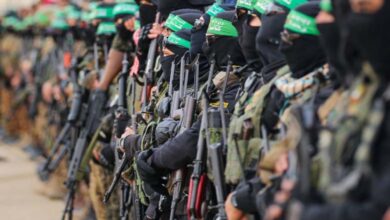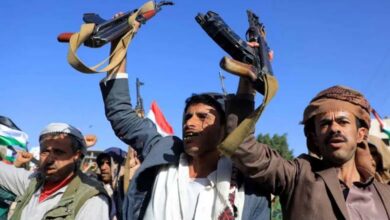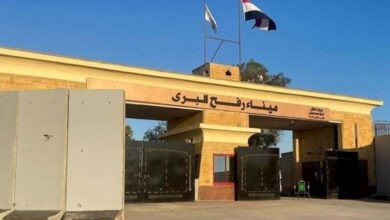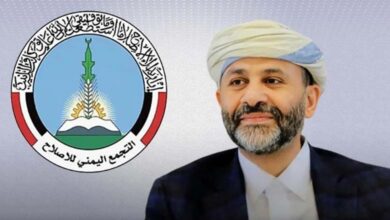For these reasons, Iran decided to confront Al-Sadr militarily – Iraq
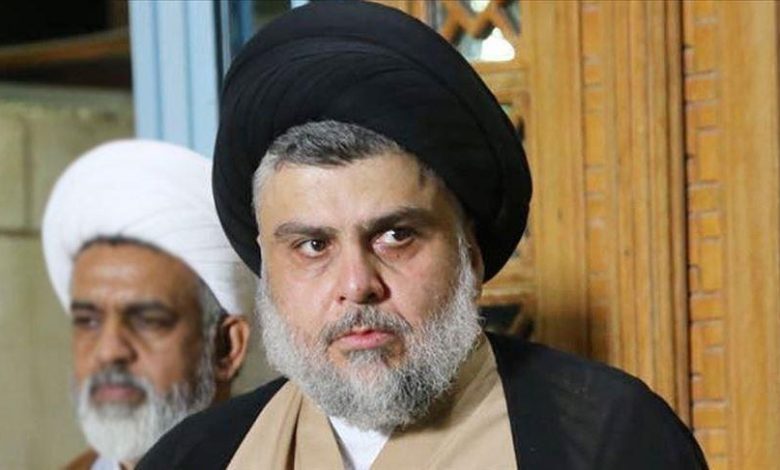
The first project is represented by the Sadr movement and the masses of supporters who support it in large numbers and demand Iraqi independence from Iran. The second project is led by what is known as the “coordination framework”, which includes factions and symbols loyal to Tehran.
Iranian fear
Observers believe that the Iranian regime is making accurate calculations for sectarian reasons that raise its concerns, linked to the geography of the Shiite authority. Throughout its history, this authority has remained in Iraq “Arab”, and it was kidnapped by Tehran and transferred to “Qom”. Observers have confirmed that Iran’s choice to exercise excessive force against the Sadrist movement by its proxies in Iraq is linked to the Iranian leadership’s fears that the spark of revolution against the Iranian leadership in Iraq will spread to Iran, especially as the uprisings in Iranian cities and provinces are covered by the media. Any victory over Sadr will be a serious threat to Iran’s strategy of continuing its control over Iraq, especially in Beirut and Damascus and Sanaa, Iranian squares that have cost Iran billions of dollars to control and will not easily accept losing.
Equilibrium change
According to four Iraqi and Iranian officials who are familiar with the details of the half-hour interview in Najaf, Al-Sadr received the Iranian leader with a clear estrangement, according to the officials, conveying a national political message that will deliver Iraq, as a sovereign Arab state, which will make its way on its own, without interference from its Persian neighbor. Despite the sectarian ties between the two countries, Al-Sadr challenged the Iranian leader according to one of the officials, and said that we do not want you to interfere. In the months that followed, Sadr and his allies and the parties allied with Iran did not form a coalition to succeed the interim administration led by Prime Minister Mustafa Al-Kadhimi, a consensus candidate running the government until the parliament approved a new administration to replace him. Disappointment with Sadr was so high because of the stalemate in the situation and the Iranian pressure that in June he ordered his Movement’s 73 MPs, nearly a quarter of the MPs, to withdraw from the council.





